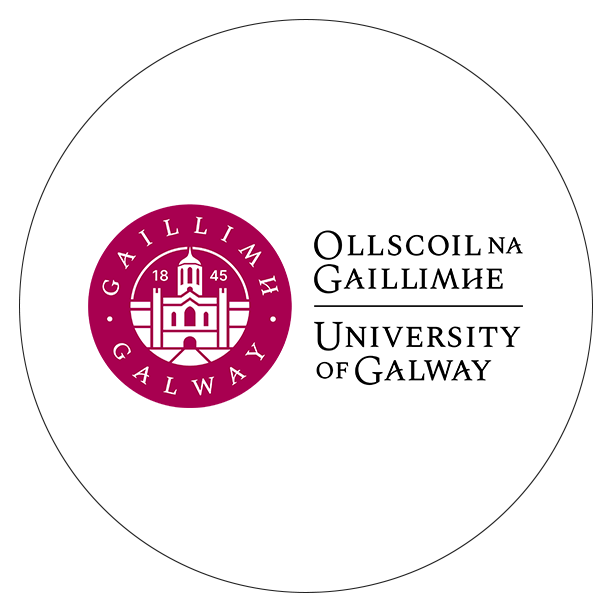University of Galway is a research-led university in western Ireland (19,000 students, >2,700 staff) with a distinguished reputation for teaching and research excellence. The University is ranked among the Top 1% in the world by QS World University Rankings. In 2020 the University income exceeded €314 millions of which over €61 million was from competitive external research funding. The University has a growing international profile for its research in five thematic areas: “(i) Enhancing policy and society, (ii) enriching creativity and culture, (iii) improving health and wellbeing, (iv) realising potential through data and enabling technologies and (v) sustaining our planet and people”. University of Galway is committed to the further development and implementation of responsible, fair, and transparent research assessment processes and the adoption of the principles of responsible metrics. University of Galway researchers benefit from a Researcher Development Centre (RDC) ensuring that all researchers will have an Individual Development Plan, mentoring support, a full selection of training and professional development opportunities, career support, and showcase a wide range of career profiles in academia and beyond. Training program of University of Galway includes personal Development planning; project management; time management; publishing, open access, GDPR and data management; grant writing; problem solving; authorship and co-authorship; communication and presentation skills; research impact; research integrity; technology transfer, intellectual property, and innovation.
So far, University of Galway has participated in 203 H2020 funded research projects, as coordinator in 42% of projects. In the H2020 Marie Skłodowska-Curie programme, University of Galway has been awarded 10 MSCA-ITN, 30 MSCA-IF, 4 MSCA-RISE and 2 MSCA-COFUND as coordinator. If successful, doctoral researchers in the SEACHEM project will be enrolled in a structured PhD programme in botany and plant science which includes additional training components (30 ECTS) through participation in highly relevant subjectspecific and generic modules.

University of Galway
- By gd
